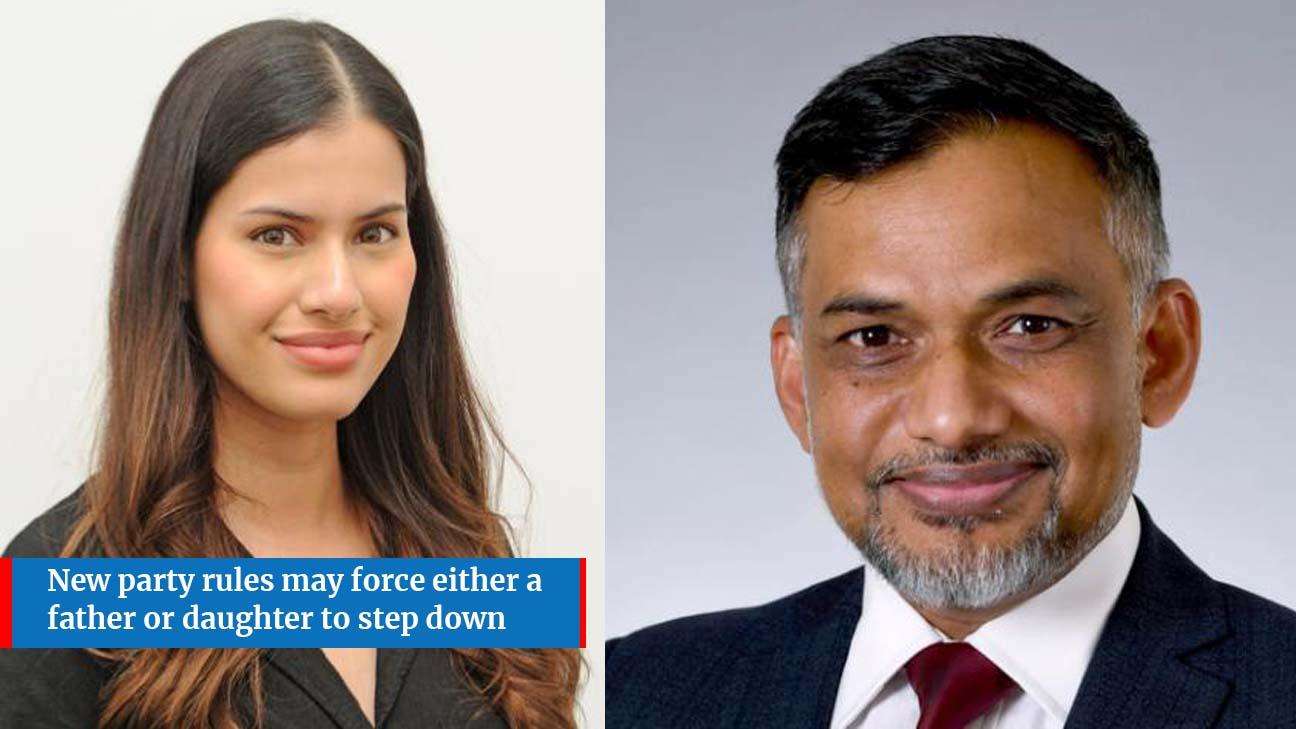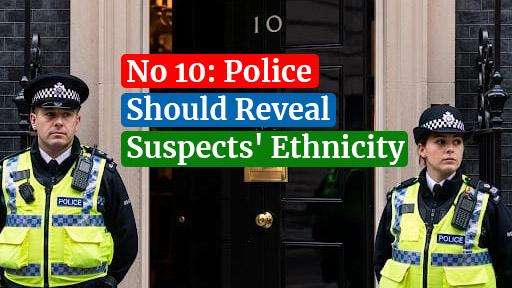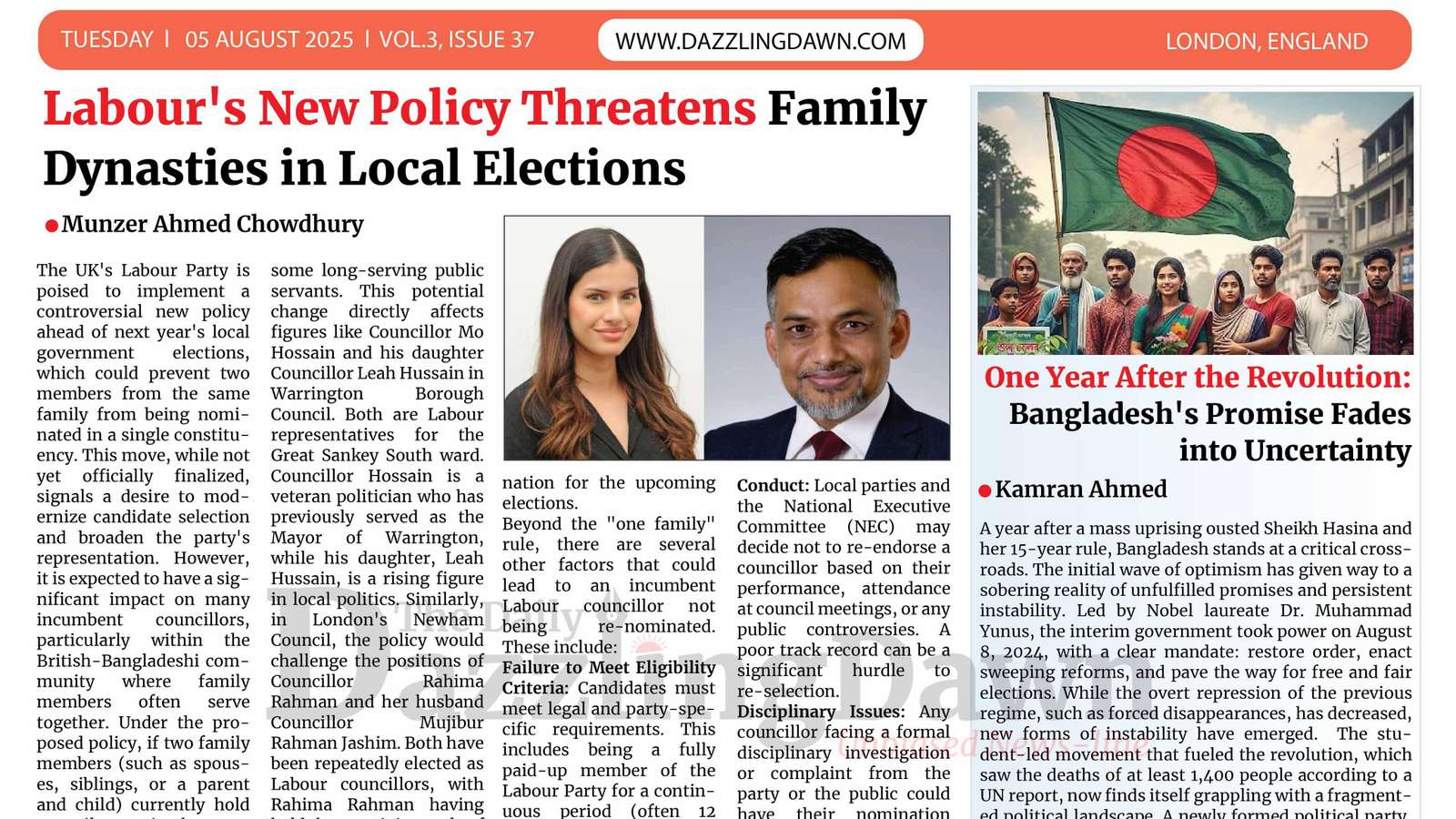The UK's Labour Party is poised to implement a controversial new policy ahead of next year's local government elections, which could prevent two members from the same family from being nominated in a single constituency. This move, while not yet officially finalized, signals a desire to modernize candidate selection and broaden the party's representation. However, it is expected to have a significant impact on many incumbent councillors, particularly within the British-Bangladeshi community where family members often serve together.
Under the proposed policy, if two family members (such as spouses, siblings, or a parent and child) currently hold council seats in the same area, only one would be eligible for re-nomination by the Labour Party. The decision is likely to force difficult choices and end the political careers of some long-serving public servants.
This potential change directly affects figures like Councillor Mo Hossain and his daughter Councillor Leah Hussain in Warrington Borough Council. Both are Labour representatives for the Great Sankey South ward. Councillor Hossain is a veteran politician who has previously served as the Mayor of Warrington, while his daughter, Leah Hussain, is a rising figure in local politics. Similarly, in London's Newham Council, the policy would challenge the positions of Councillor Rahima Rahman and her husband Councillor Mujibur Rahman Jashim. Both have been repeatedly elected as Labour councillors, with Rahima Rahman having held the prestigious role of Speaker of the council. It is now considered highly improbable that both individuals in these family pairings will be able to secure the party's nomination for the upcoming elections.
Beyond the "one family" rule, there are several other factors that could lead to an incumbent Labour councillor not being re-nominated. These include:
Failure to Meet Eligibility Criteria: Candidates must meet legal and party-specific requirements. This includes being a fully paid-up member of the Labour Party for a continuous period (often 12 months), not being disqualified from holding public office due to criminal convictions, and residing or being registered to vote in the local authority area.
Performance and Conduct: Local parties and the National Executive Committee (NEC) may decide not to re-endorse a councillor based on their performance, attendance at council meetings, or any public controversies. A poor track record can be a significant hurdle to re-selection.
Disciplinary Issues: Any councillor facing a formal disciplinary investigation or complaint from the party or the public could have their nomination withdrawn. This is a strict measure the party uses to uphold standards and protect its reputation.
Desire for Diversity and Renewal: The Labour Party has been actively working to increase the representation of women and other under-represented groups. Local parties may be encouraged to select new candidates who better reflect the community's demographics, potentially leading to the deselection of long-serving, but less diverse, incumbents.
Constituency Changes: Boundary changes can redraw ward lines, making some seats more challenging to win or pitting two incumbent councillors against each other for a single nomination.
These combined factors mean that many current Labour councillors, including a significant number of British-Bangladeshi representatives, are facing a much tougher path to re-election than in previous years.
_1.jpg)

_1.jpg)




.svg)

_1.jpg)
